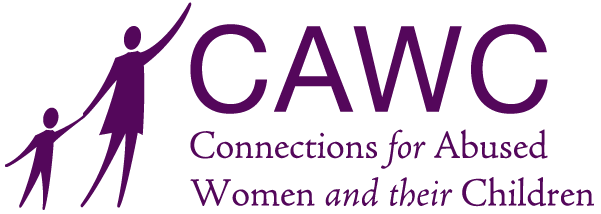Intimate Partner Violence (IPV) during pregnancy has significant negative physical and mental health implications for both the mother and the developing child. Understanding these consequences is crucial for raising awareness, providing support, and promoting effective interventions to mitigate the long-term impact of IPV on maternal and child health. Here’s what everyone should know about the risks and outcomes of IPV during pregnancy.
Risks and Outcomes for Mothers
Survivors of IPV during pregnancy face numerous physical and mental health challenges that can negatively impact them for the rest of their lives:
- • Physical health consequences. Pregnant individuals who experience IPV are more likely to suffer from various physical health issues, including injuries, chronic pain, gynecologic disorders, pregnancy complications, and higher rates of pregnancy loss. They are also more likely to engage in substance abuse and riskier behaviors due to stress, which can be harmful to both them and their unborn babies.
- • Mental health consequences. IPV exacerbates the harmful effects of stress during pregnancy. It significantly increases the risk of mental health disorders for mothers, such as depression, anxiety, post-traumatic stress disorder (PTSD), and suicidal ideation. These psychological consequences can persist even after the abusive relationship ends.
- • Disruption of maternal-child bonding. IPV can interfere with the mother-infant bonding process. The ongoing stress, fear, and trauma associated with abuse may affect the mother’s ability to form a secure attachment with her baby, impacting their emotional connection and overall well-being.
Risks and Outcomes for Babies
Babies exposed to IPV during pregnancy are at an increased risk of experiencing adverse outcomes, both during infancy and throughout their lives:
- • Preterm birth and low birth weight. Research suggests that pregnant individuals experiencing IPV are more likely to deliver prematurely and have babies with low birth weight. These factors can contribute to a range of health complications for the infant.
- • Developmental delays. Children exposed to IPV during pregnancy may experience developmental delays, including cognitive, emotional, and behavioral difficulties. This can affect their overall growth and well-being.
- • Long-term health effects. Experiencing IPV during pregnancy has been linked to an increased risk of chronic health problems in children, such as asthma, obesity, and cardiovascular disease later in life.
Stop Intimate Partner Violence With CAWC
At Connections for Abused Women and Their Children (CAWC), we believe that everyone has a right to a life free of violence. Our mission to end domestic violence is rooted in education, service, and advocacy. In addition to working toward broader social change, we provide empowerment-based and trauma-informed support in the form of shelter, counseling, and advocacy to individuals affected by domestic violence and their children.
If you or someone you know is struggling with domestic violence, don’t hesitate to call our 24-hour hotline at (773) 278-4566.
